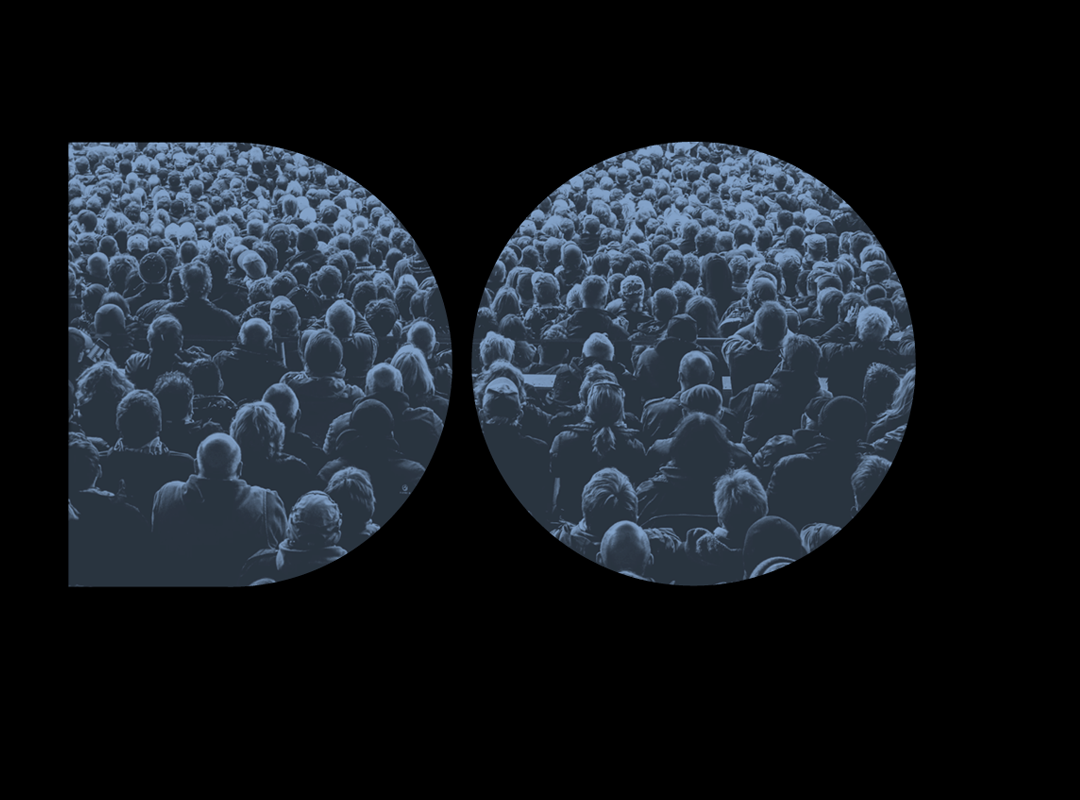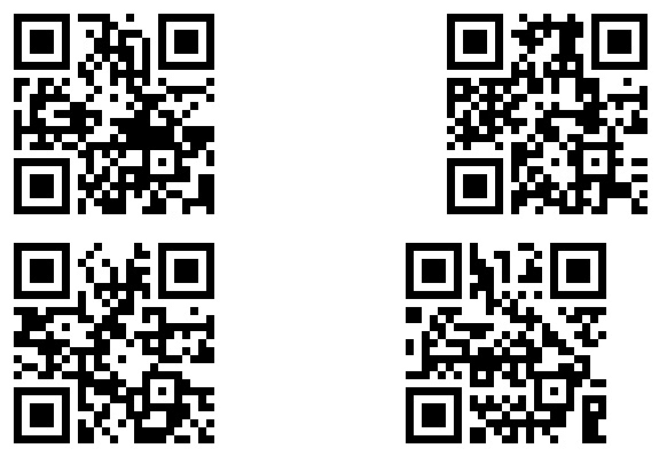
September 27, 2013
Promiscuity
When the neighbor’s drapes are open,
I’m not like the kind of man
who refuses to put down his binoculars
so that their steamy, good time
can remain his as well. No,
I’m exactly that kind of man,
wary of anyone who’d turn away
mid-view, skedaddle off to a room
that overlooks, say, a pond.
I’m so tired of superior smiles.
Something I’m unaware of is likely
governing me, which doesn’t excuse
these dark, bottom-feeding things
I tend to let rise into daylight.
I’ll take discredit for all of them.
Nevertheless I wish to be true to life,
though not entirely to the one I live.
When in trouble I’ve been known
to give myself some wiggle room,
to revisit that once important sliver
of moon that slid across the Bay
to our table back when we were in love,
to even change our names. In the world
of feelings, aren’t attractive opposites
always nearby? — dogwood blossoms,
for example, and the springtime puffery
of rhododendrons trumping the memory,
at least for a moment, of that heat
my binoculars brought close.
Life itself is promiscuous. It feels right
to place a few renegade details together,
let them cavort. A moment later,
it feels right to discipline them,
smack them into shape — the pink cadillac
that motored by while I was eating macaroni
and cheese, the meteor that fell
at a terrible speed and dissolved into darkness,
that apology on the tip of my tongue.
Editor’s note: It’s hard to understand how Stephen Dunn can fit so much tension — so many kinds of tension, so many layers of each kind — into a poem that at first feels so effortless. It’s a dramatic monologue in the guise of a stand-up routine, then vice versa. The speaker knows himself well enough to draw this inconsistency (or inconstancy) together in the end of the poem. But how do we know if he’s joking? —Adam Plunkett
From HERE AND NOW: POEMS by Stephen Dunn. Copyright © 2011 by Stephen Dunn Used by permission of W. W. Norton & Company, Inc.
Observed
View all
Observed
By Stephen Dunn
Recent Posts
Mine the $3.1T gap: Workplace gender equity is a growth imperative in an era of uncertainty A new alphabet for a shared lived experience Love Letter to a Garden and 20 years of Design Matters with Debbie Millman ‘The conscience of this country’: How filmmakers are documenting resistance in the age of censorship
 Stephen Dunn, the author fifteen books of poetry, won the Pulitzer Prize in 2001 for Different Hours (Norton). "Promiscuity" is from Here and Now: Poems by Stephen Dunn. Copyright © 2011 by Stephen Dunn, used by permission of W. W. Norton & Company, Inc..
Stephen Dunn, the author fifteen books of poetry, won the Pulitzer Prize in 2001 for Different Hours (Norton). "Promiscuity" is from Here and Now: Poems by Stephen Dunn. Copyright © 2011 by Stephen Dunn, used by permission of W. W. Norton & Company, Inc..
